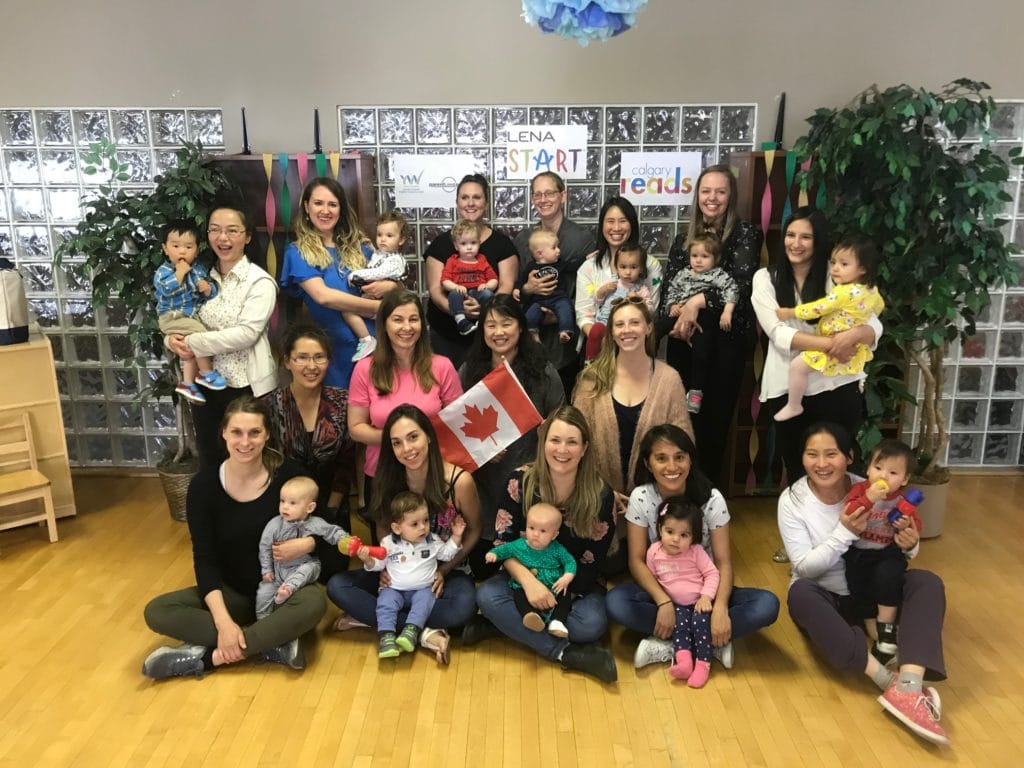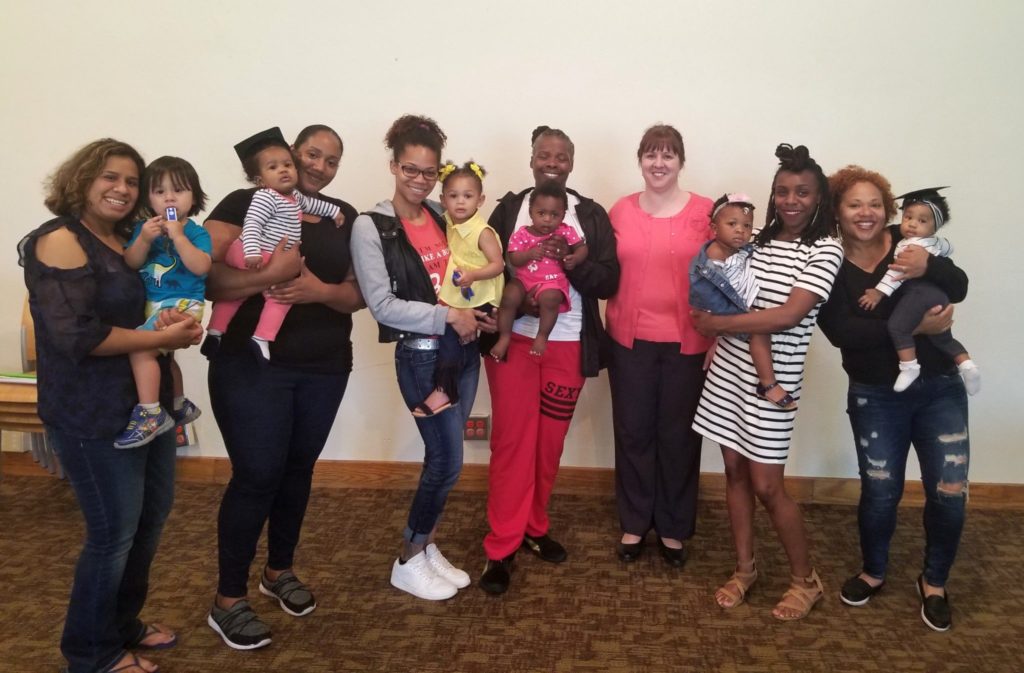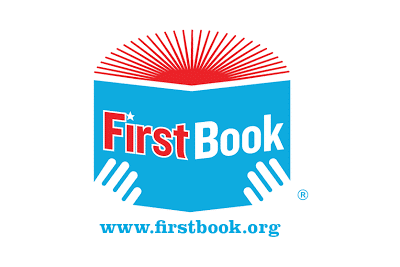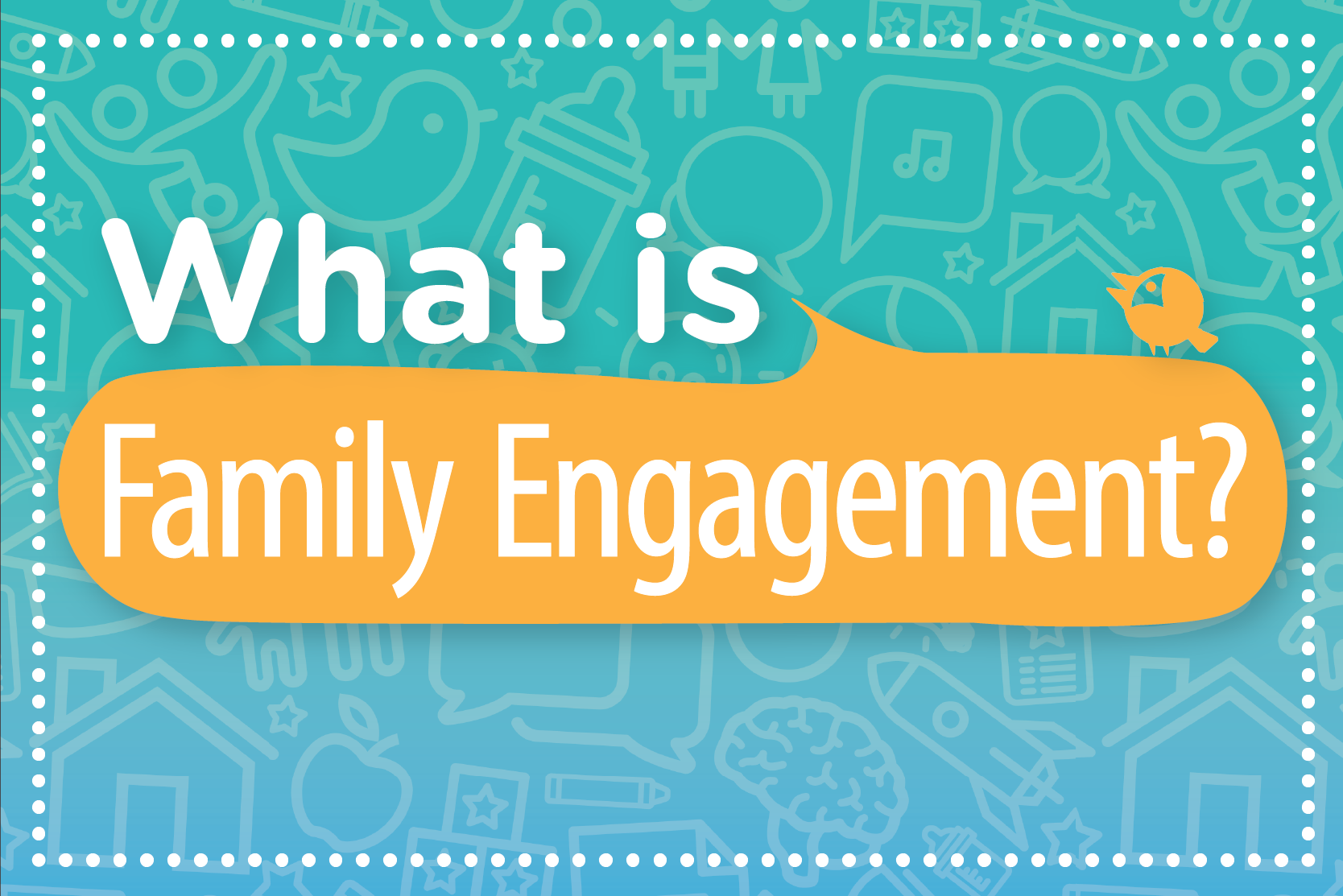One of our core values at LENA is to be proactive through data. Our programs generate quantitative data on the early talk environment that’s unlike anything else in the world, but it’s important for us to also understand the qualitative experiences parents and teachers have with our programs.
To do so, we’ve incorporated a parent survey into LENA Start. Local partner sites implementing the program share the survey with families during the first and last session. This pre-post assessment evaluates families’ experiences in eight domains (Reading, Parental Attention, Quality of Verbal Interactions, Knowledge, Self-Efficacy, Hope for the Future, Parental Stress, and Community Engagement) and sheds light into the program’s efficacy.
In July 2020, we analyzed data from more than 1,700 families who have completed the survey to look for themes. (Almost 5,000 families have participated in LENA Start to date, but the survey was not introduced until 2017. Click here to learn about the latest updates in LENA Start 3.0.) We discovered several exciting trends that indicate the program is helping to create stronger families and support independent evaluations that the program boosts school readiness:
During the program, adults began to read more with children.
- 58% of families increased the amount of time they spent reading to their children during the course of the program.
- 98% of caregivers who initially reported never reading with children began to read with children at least once a day after completing LENA Start. 66% of caregivers who initially reported reading with children once a day began to read with children multiple times a day.
Children began to receive more attention from adult caregivers.
- 86% of families who reported never including children in daily routines began to do so at least once a day. 77% of families who reported only including children in daily routines once a day began to do so multiple times a day.
Families increased the quality of verbal interactions with children.
- 53% of caregivers who reported at the beginning of the program that they rarely or never talked to their child about events happening in the past or future reported having this type of interaction with their child often at the end of the program.
Research indicates that using this type of “decontextualized language,” or talking about things beyond what is happening in a child’s immediate surroundings, is particularly important for vocabulary development.
Parents and caregivers reported feeling more hope for their children’s futures.
- 83% of parents who initially indicated feeling unsure that their child would do well in school reported an increase in confidence by the end of the program. (And their confidence is well-founded: children whose families participated in LENA Start showed more advanced literacy skills than their peers upon entering preschool.)

In Canada, the nonprofit Calgary Reads is offering LENA Start to families with young children as a tool to help boost early literacy and build community connections.
Families reported having more knowledge of child development by the end of the program.
- 68% of participants reported an increase in their knowledge of child development by the end of the program. Increasing a young child’s capacity for and comfort with verbal communication can decrease behavior problems and associated parent stress.
Families reported feeling less stress related to caregiving.
- More than half of families who reported not feeling relaxed with their child most of the time reported feeling more relaxed with their babies at the end of the three-month class.
Caregivers gained confidence in their parenting abilities.
- More than half of families who participated indicated they felt more confident in their parenting abilities after the program.
- 68% of caregivers who were uncertain about their parenting skills reported an increase in confidence by the end of the program.
Families became more connected to their communities.
- 57% percent of families felt more engaged in their community by the end of the program.
- 69% of caregivers who did not feel comfortable discussing parenting with other families became more comfortable doing so throughout the program. In opinion surveys, parents consistently report that LENA Start’s built-in sharing times are their favorite aspect of the program because of the opportunity to share experiences, receive encouragement from other parents, and troubleshoot specific challenges.

LENA Start classes offered through the Springfield City Library have helped to develop children’s early literacy skills and parents’ connections to the community.
We’re pleased and humbled to know that LENA Start is benefiting children and families in so many ways. During this year of unprecedented disruption, chaos, stress, and fatigue, these results are an encouraging finding demonstrating that the work we do with our local partners is making a difference. We are also heartened by the data we see in the LENA Start course evaluation, which families complete after graduation:
- 91% of parents reported that each session gave them new and useful info, and 95% reported that their LENA report was easy to understand.
- 97% said that they talked to friends and family about the program.
- 95% of participants believe ALL parents should participate in LENA Start!
“These results show that the impact of LENA Start goes far beyond the numbers, influencing family relationships, parenting self-confidence and hope for the future that will undoubtedly have tangible effects on long-term happiness,” said Dr. Jill Gilkerson, Chief Research and Evaluation Officer at LENA.
Ultimately, these trends show us that we are on track and accomplishing our goal of creating stronger families. If you’d like to get involved, learn more about our vision for growth or explore ways to join us.






One Comment on “Results from parent survey confirm LENA Start is building stronger families”
I think this is a wonderful program for parents to participate in so they will not feel so isolated and they can support their children as well.
I’m sure parents are feeling so overwhelmed and simply do not know where to start.